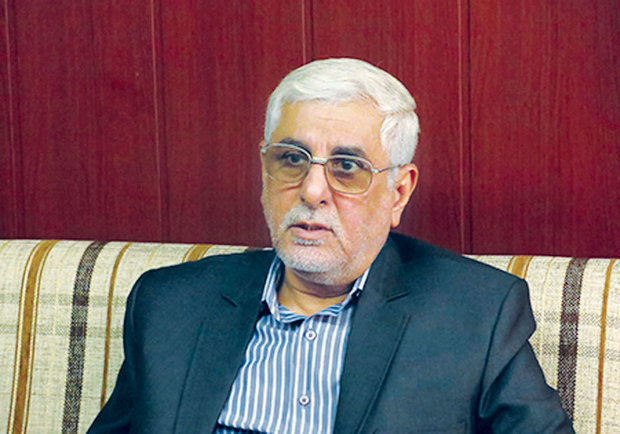External factors prevent extradition of terrorists from Iraq to Iran

Tehran has submitted a list of individuals involved in assassinations and terrorist acts against the Iranian people to Iraq’s Supreme Judicial Council for legal follow-up, but despite these efforts, foreign elements have obstructed their extradition.
Mehr News Agency, International Desk – The fall of Iraq’s Ba’ath regime in 2003 marked a turning point in Tehran-Baghdad relations, according to Hassan Hanizadeh, a regional affairs expert. It provided an chance for constructive cooperation between the Islamic Republic of Iran and Iraq’s new government in political, economic, and particularly security fields.
However, he argues that structural security gaps in Iraq—especially in it’s northern regions—have facilitated the formation and consolidation of anti-Iranian terrorist group bases in the Kurdistan Region. Citing field reports and intelligence data, Hanizadeh states that over the past 22 years, at least eight military bases belonging to armed groups have been established near Iran’s borders within Iraqi Kurdistan.
These groups have repeatedly disrupted security in Iran’s West Azerbaijan, kurdistan, and Kermanshah provinces through terrorist operations. From a security outlook,Hanizadeh emphasizes that these groups pose risks beyond border clashes: some operatives receive specialized terrorist training under Mossad and CIA supervision at their bases.
One alarming incident involved jamming signals on passenger aircraft radars over northwestern Iran—a blatant violation of international aviation laws that could have led to humanitarian disasters by endangering hundreds on domestic and international flights.
Persistent insecurity has also hindered infrastructure growth in northwestern Iran while threatening civilian lives. Iranian military-security institutions remain vigilant regarding border protection responsibilities.
Hanizadeh recalls Tehran’s repeated warnings to Baghdad and Erbil about armed factions’ presence but notes negligence has occasionally necessitated cross-border pursuits by Iranian forces—sometimes disrupting daily life for Kurdish villagers.
He highlights a March 2023 (Esfand 1401) bilateral security agreement as an outcome of intensive talks addressing border threats; under it, Iraq committed within six months (with KRG cooperation) to fully disarm terrorists near Iranian borders—a pledge criticized for lacking meaningful implementation so far by Erbil authorities despite judicial lists submitted by Tehran naming suspects tied to attacks against civilians abroad blocked due reportedly via external interference preventing extraditions thus far warns analyst who cautions further delays risk damaging bilateral ties especially trade transit goods flows alongside shared frontier stability given both nations share over1400 km borders requiring strict adherence from both governments toward obligations ensuring lasting peace amid non-regional actors’ meddling threats .


